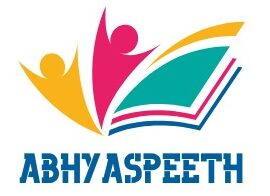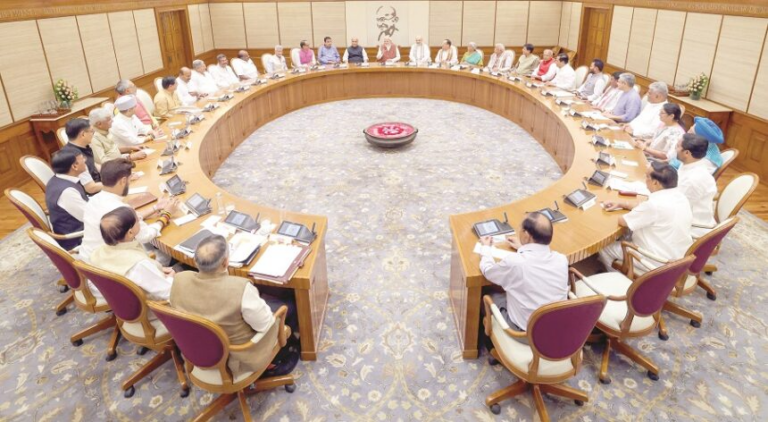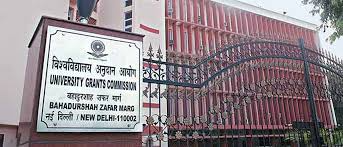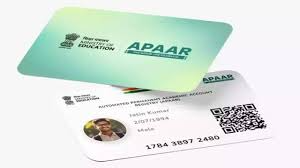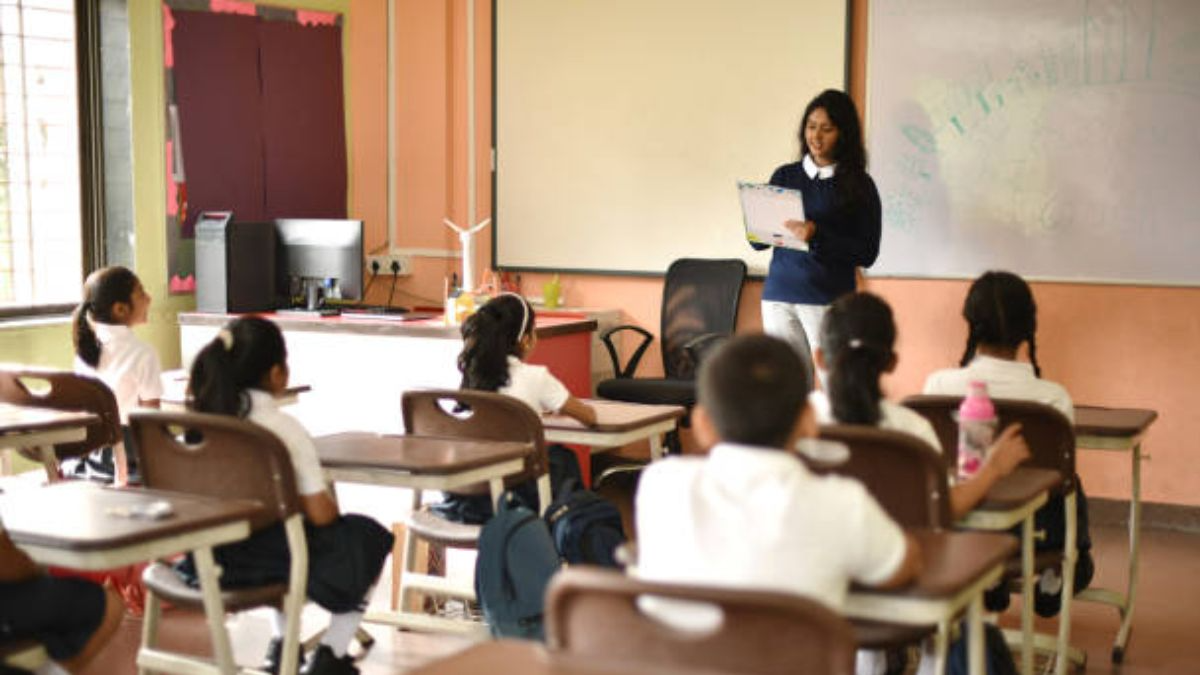
Abhyspeeth News Desk
New Delhi : In a significant move aimed at curbing students’ growing dependence on private coaching centres and the mushrooming of “integrated classes” across the country, the Union Ministry of Education has constituted a high-level nine-member committee. This committee will explore actionable reforms in school education and the entrance examination ecosystem to ensure holistic student development and reduce the over-reliance on parallel coaching systems.
The committee will be chaired by Vineet Joshi, Secretary of Higher Education, and will include representatives from CBSE, IIT Madras, IIT Kanpur, NIT Trichy, NCERT, and principals from Kendriya Vidyalaya, Jawahar Navodaya Vidyalaya, and private schools. The panel is tasked with submitting monthly reports to the Education Minister with suggestions and observations.
Key Objectives of the Committee
Assess the functioning and impact of ‘Integrated Classes’, which promote full-time coaching alongside school enrolment, often encouraging students to skip regular classes.
Identify deficiencies in government schools that lead students to seek external coaching support.
Propose reforms to strengthen critical thinking, logical reasoning, analytical abilities, and innovation within school curriculums.
Recommend measures to enhance the transparency and effectiveness of competitive entrance examinations.
Students preparing for engineering (JEE) and medical (NEET) entrance exams often enroll in such integrated programs, where academic coaching is prioritized over actual school attendance. These students tend to appear only for board exams to secure the benefits of state quota in government colleges. The Ministry intends to address this loophole and bring parity between school learning and entrance preparation.
The committee is also expected to study the lack of awareness among students and parents about alternative career pathways and make recommendations to promote diversified career choices beyond engineering and medicine.
This initiative aligns with the broader vision of the National Education Policy (NEP) 2020, which emphasizes reducing exam stress, building conceptual clarity, and improving the quality of school education across the board.
